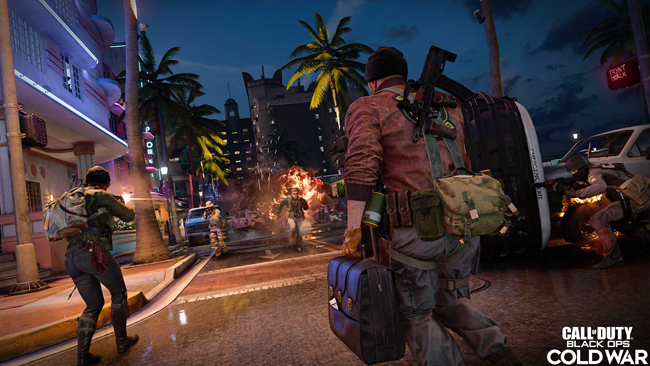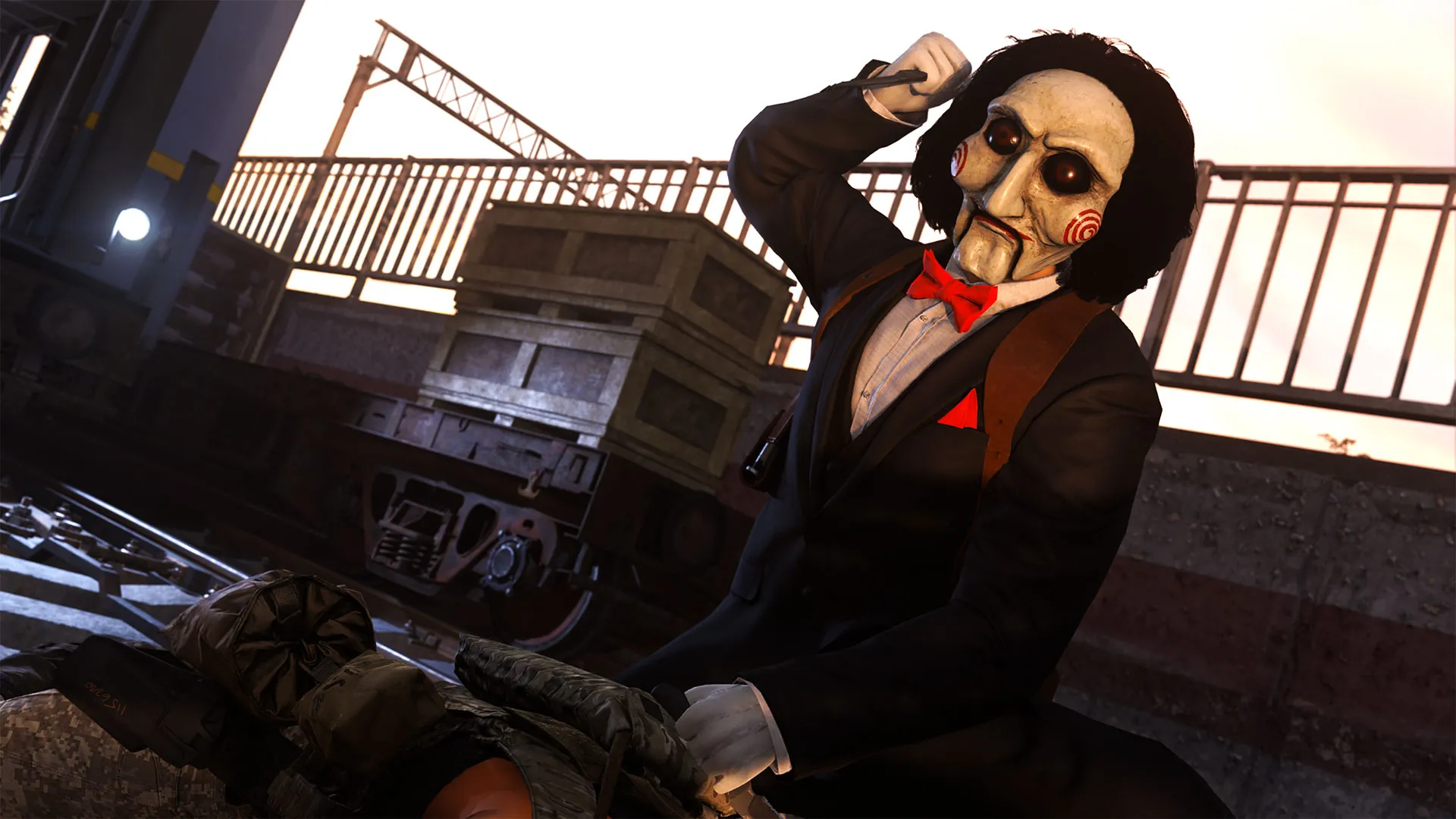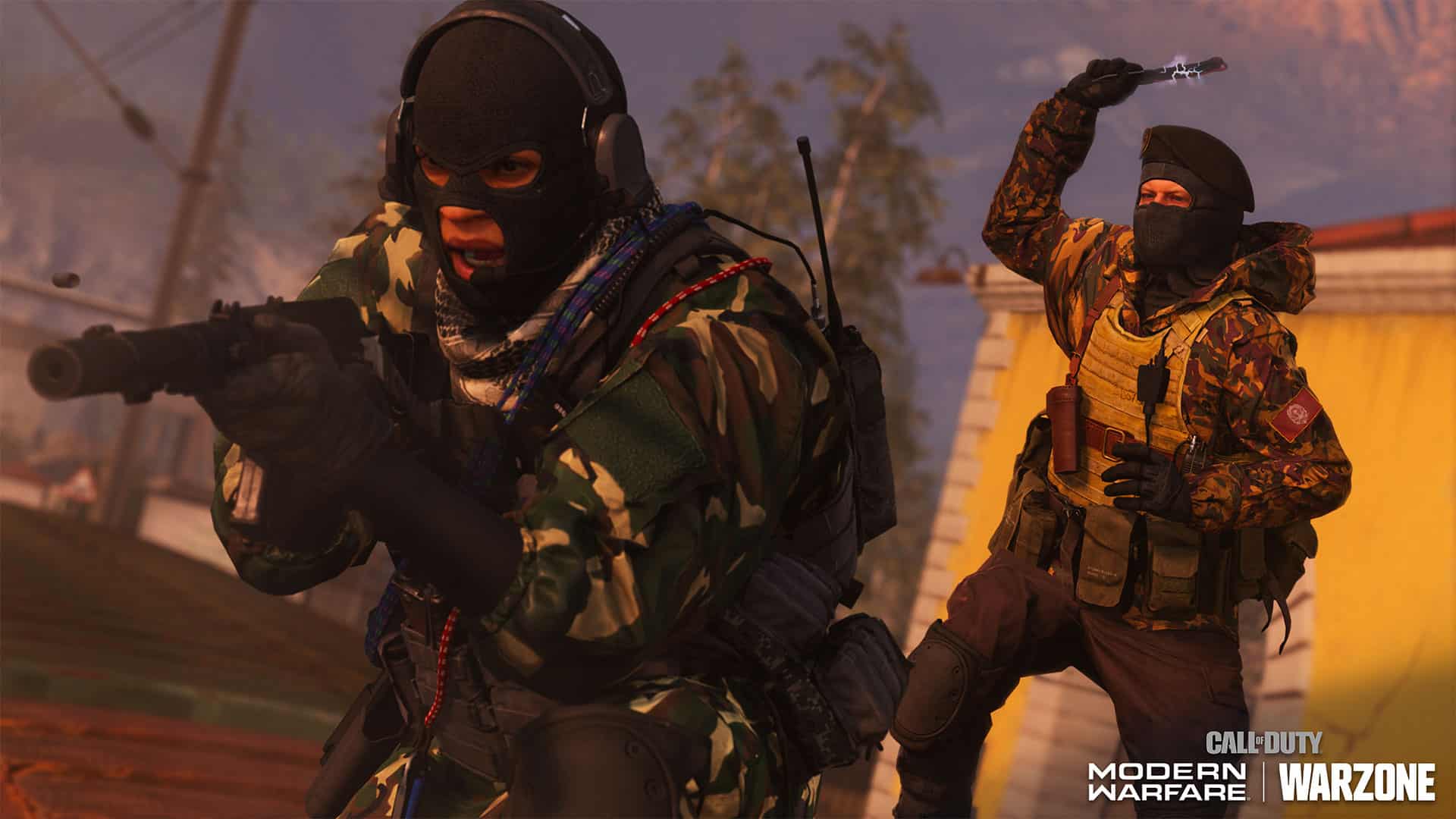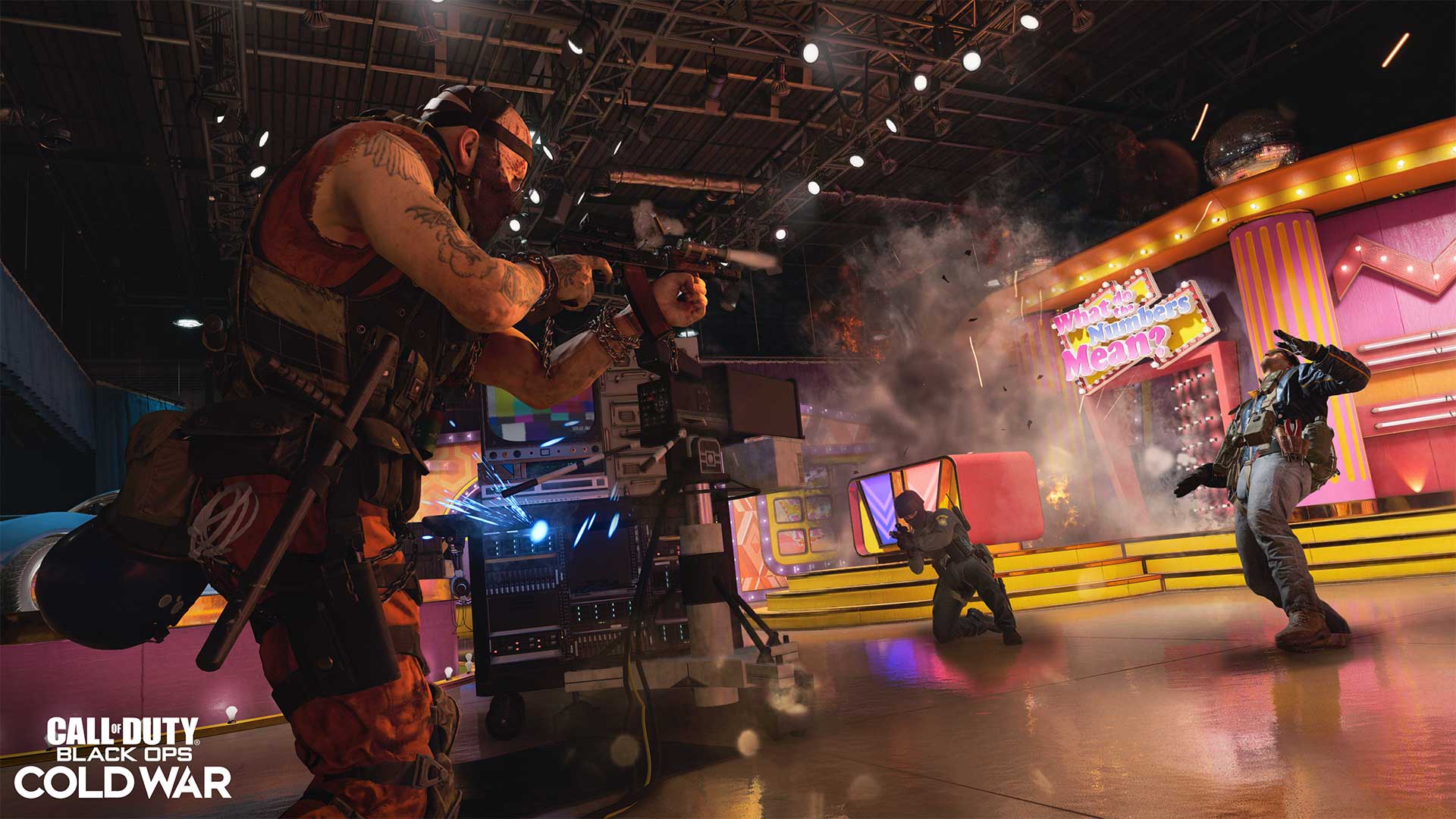Call of Duty has consistently been a yearly release, with a new premium experience launching each year around October or November. However, starting last year, that cycle was upended with the launch of the massively multiplayer free-to-play Call of Duty Warzone in March. Warzone followed the praise of Black Ops 4’s Blackout battle royale mode, now its own entire standalone game… sort of. Warzone launched new effort of crossover between the premium release of Modern Warfare and this huge experience that opened up Call of Duty to more people than ever before.
Warzone’s success can’t be understated. It’s attracted well over 75 million players (as of August 2020), and directly led to higher adoption rate of Modern Warfare, thanks to the two games being part of the same application. It also has the Battle Pass (both free and paid tracks) and paid premium store packs filled with cosmetics, all of which are also tied to Modern Warfare’s multiplayer.
This entire plan led to a shift in content release strategy for Call of Duty. Gone are the days of paid map packs and a segregation of players based on who is willing to pay for DLC and continuing content. Now the developers can drop content updates for free, supported by sales of the battle pass and premium cosmetic packs. It’s a huge win for Call of Duty that makes it feel less like this walled garden and more open to all players.
Three Call of Duty Games in a One-Year Span
But when November rolled around and another Call of Duty premium release dropped, it upset this system. Black Ops Cold War is a new game on a different engine, now tied into Warzone, but a separate application entirely. Certain gameplay elements, like the ability to mount your gun on doorways and window ledges, are gone. The gameplay feels a little different, something that’s always been a staple of the different developers undertaking the various Call of Duty premium releases each year, but now jarringly obvious with how the two games are supposed to be connected. New weapons now have to be balanced against old weapons, but also separately from their home in Black Ops Cold War.
There’s been an attempt made to link progression across Black Ops Cold War, Warzone, and Modern Warfare, and I should say that the effort to do what’s never been done before in games is an admirable one, even if the execution has been a bit rocky. It just feels like it’s trying to undertake a lot all at once. And it feels like by the time all the wrinkles are smoothed out on this one, we’ll already be getting ready for Call of Duty 2021, set to do this song and dance all over again.
It just feels like too much moving too fast, almost too fast for even the developers to keep up with. It was just back in October that I’d dropped a hefty amount of Call of Duty points for a SAW-themed skin in Warzone, but that skin is a Warzone/Modern Warfare skin, not a Warzone/Black Ops Cold War skin, so it has no effect on the new premium release that I am now playing a lot of. It’s also jarring to go from Black Ops Cold War as a native PS5 game, to Warzone, a separate application that is inextricably tied to Modern Warfare, and is a PS4 release being played via backwards compatibility. That’s to say nothing of shifting between two different engines and the subtle differences in gameplay mechanics.
So Warzone feels like a game caught between two worlds, straddling an ever-expanding chasm. On the one hand, it uses the Modern Warfare engine and gameplay mechanics, but on the other, it’s being used to push and promote the latest premium release of Black Ops Cold War. And it’s here that Activision needs to make a decision, stepping to one side of the chasm of the other. Either Warzone needs to stay linked with Modern Warfare, or it needs to fully evolve to become “Black Ops Cold Warzone.”
Evolve Warzone as the Truly Living Game
My preference would be to see what the game can be on the new engine. If you are going to use the free-to-play Warzone as a marketing vehicle for the year’s premium title, then let it be fully so. And evidence actually points to this happening relatively soon. Black Ops Cold War’s Fireteam Dirty Bomb modes use Warzone-like mechanics, and there are rumors of a Ural Mountains map coming in March for the game’s one year anniversary. So there’s a platform in the Black Ops Cold War engine to move Warzone up to the newest release, potentially making it part of the Black Ops Cold War app, which would make it a native PS5 game too. Though this would leave behind the players who prefer the Modern Warfare engine for Warzone, I feel like its the best decision for the healthy forward momentum of the game.
But are we just going to go through all of this again later this year? Will they need to sort progression among Modern Warfare, Warzone, Black Ops Cold War, and whatever Call of Duty 2021 is going to be? When do they finally cut ties with the oldest games and say they are no longer part of the progression, and that content isn’t going to carry forward?
Or should Call of Duty take a break from premium releases in 2021, and let its current titles breathe a bit? While yearly launches may have been great with the previous business model as DLC and map pack sales tapered off later in the year, you now have a path where all new content is free for all players to enjoy. You have the ability to do seasonal events with limited-time cosmetics and maps and modes (something they knocked out of the park with the Halloween event). You have what is essentially a live game, but the live service game model and yearly premium releases don’t exactly mix very well, particularly when you consider the multi-game approach Activision is taking to everything.
Looking at other live games, it’s not surprising to see Activision struggling with how to handle it. There isn’t an easy answer, especially when that answer could be different today than it will be in a year. Bungie, for example, opted to continue to develop Destiny 2 as a living game rather than release a sequel, but it comes with its own fair share of problems like content bloat and power creep. Similarly, Fortnite wipes out entire past maps as it moves forward and introduces new ones, evolving itself and changing over time. Activision clinging to the idea of continuing interconnected premium releases is a bit of a stick in the spokes for all games involved, none of which end up getting the attention they deserve.
Should Call of Duty Skip a Year?
My suggestion would be to skip a year. Let Warzone be the live game tied to the current premium Call of Duty game. Support those two games for two years with seasonal content, battle passes, and events. When the new game comes around, fully commit Warzone to the new game. Sunset older weapons. Shift it and adapt it and evolve it. Keep Warzone free-to-play, but let it be this flexible and adaptable and moldable thing. Don’t be afraid to cut its ties and say goodbye to certain content within it.
Would this method be certain to upset some players? Absolutely. There are those who hate the new Black Ops Cold War gameplay. But there are also those who are disappointed at the loose and haphazard integration of Warzone and Black Ops Cold War at the moment. Of course, whatever happens in March (assuming Activision has big plans for Warzone for its one-year anniversary) could change a lot of this, but in the meantime it just feels like Call of Duty is moving a little too fast for its own good.
I have to give a lot of praise for this experiment, however. Despite some of the difficulties and roadblocks it’s introduced, Tying progression together across three games is a novel concept and a brilliant way to keep adapting and evolving how Call of Duty does things year after year. The multi-game concept is something that’s new, and I’m sure the powers that be are furiously taking notes on its efficacy and how to best continue adapting and improving it in the future. For now, I’m just eager for March to roll around to see what they have up their sleeves for Warzone next, but I wouldn’t be entirely sad to see the Call of Duty 2021 release get pushed out to next year in order to actually have time to enjoy the content Treyarch drops this year.










